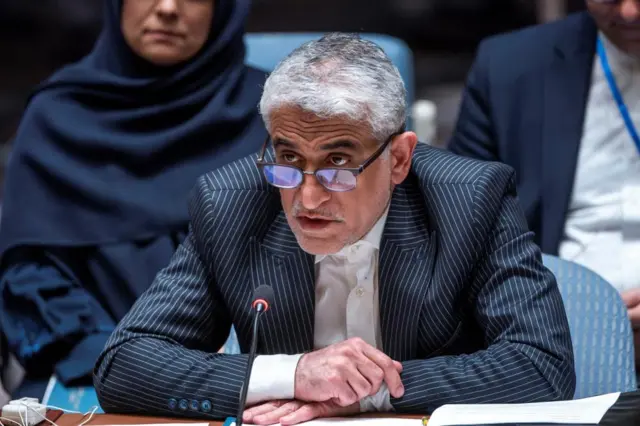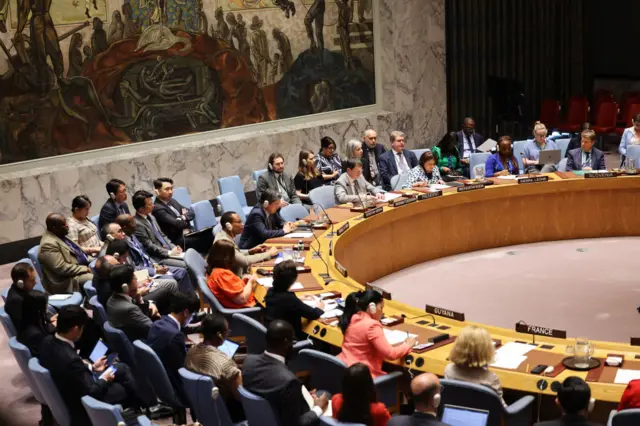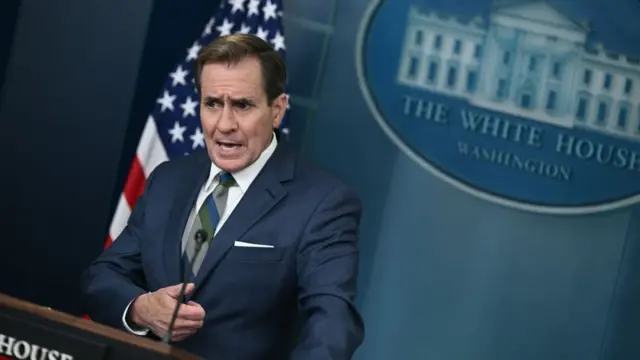We're pausing our live coveragepublished at 23:48 BST 31 July 2024
With the end of the UN Security Council emergency meeting, we will now pause our live coverage.
It's been a day where fears of an all-out war in the Middle East reached new highs, as the region watches for a reaction to Hamas leader Ismail Haniyeh’s assassination in Tehran.
You can read a full wrap of the situation here, and click here for analysis on what Israel's killing of Haniyeh might mean for ceasefire prospects in Gaza.
Here's some of the key points from today:
- Calls to de-escalate the situation and show restraint in response to Haniyeh’s killing have come in from across the world, with the EU calling for “maximum restraint”
- US Secretary of State Antony Blinken and Qatar's PM spoke about continuing work towards a ceasefire in Gaza.
- It was confirmed that senior Hezbollah commander Fuad Shukr was killed in Israel’s strike on Beirut yesterday evening
- And after its strike on Beirut, Israel now says a full-scale war with Hezbollah could be prevented if UN resolution 1701 - which bans armed groups being near the border - is enforced



